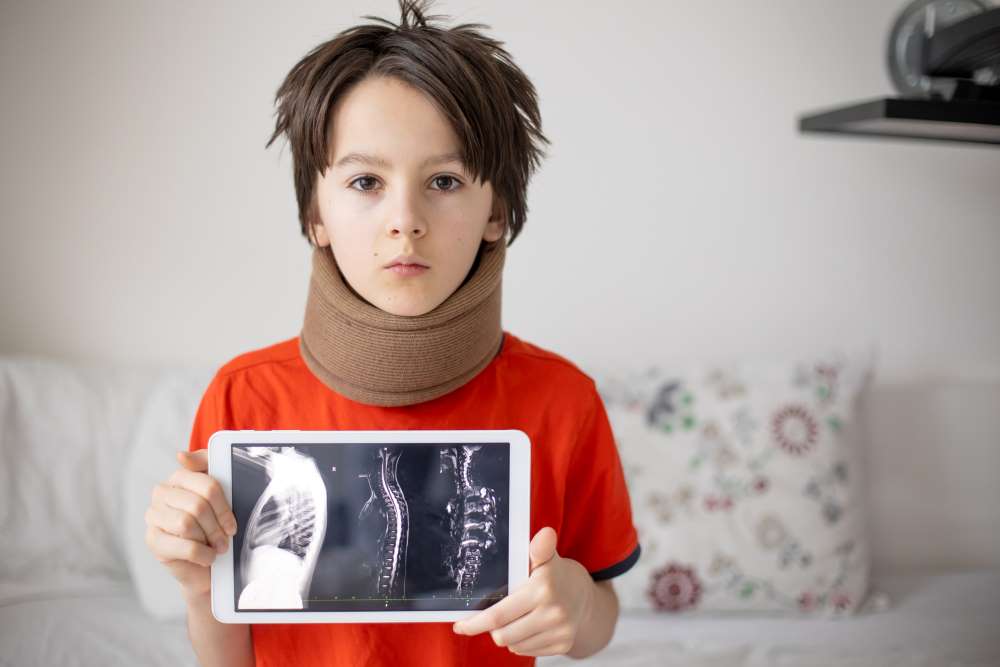
Between 2017 and 2021, 2.4 million people ended up in hospital after an accident at school. One study on school injuries found male students were more likely to present with an injury – 64.9% of males compared to 35.1% of females. Most cases were minor injuries, with relatively few children sustaining serious fractures or brain contusions.
Before pursuing legal action against a school if your child is injured, it's important to understand the circumstances in which a school or district can be held liable for student injuries.
Brian Vines, a personal injury attorney in Bowling Green, KY, shares when parents may have grounds to sue if their child is injured at school.
What Types of Injuries Can Lead to a Personal Injury Lawsuit?
If your child suffers an injury at school, whether you can sue depends largely on the nature and cause of the injury. Schools are responsible for protecting students and employees from foreseeable dangers and providing adequate supervision. Some examples of injuries that may warrant a personal injury lawsuit include:
-
Injuries resulting from unsafe facilities or conditions, such as wet floors, broken playground equipment, or defective school property. The injury rate for workers at elementary and secondary schools was 56 per 10,000. The school may be considered negligent if they failed to remedy or warn of hazardous conditions.
-
Injuries caused by employee negligence such as inappropriate discipline, lack of supervision, or failure to follow proper protocols. For instance, if a teacher leaves students unattended and a child is hurt.
-
Injuries inflicted intentionally, such as corporal punishment or sexual abuse by a staff member. Schools can be held liable for failing to protect students from harm by employees.
-
Injuries related to bullying or harm caused by another student. Parents may have a case if they reported bullying that was ignored by the school – 22% of students report being bullied at school.
Legal Limits on Suing Public Schools For a Personal Injury Case
If your child attends a public school, there are legal limits on the school's liability. Public schools are protected by "sovereign immunity," which caps monetary damages in personal injury lawsuits. You also must file a claim within strict deadlines, usually 180 days from the date of injury. Furthermore, public schools cannot be sued for negligence - the courts have ruled they can only be held liable for "gross negligence," which is an extremely high legal standard.
Grounds for Suing Private Schools For a Personal Injury Case
Parents have more legal recourse if their child attends a private school. Private schools do not enjoy the same sovereign immunity protections as public schools. You don't need to prove gross negligence, but simple ordinary negligence is sufficient. Damage awards are uncapped, and statutes of limitations are longer.
Steps Before Filing a Personal Injury Lawsuit
Before taking legal action, follow these steps:
-
Report the injury to the school immediately and document it. Request a copy of the incident report.
-
Consult a personal injury lawyer knowledgeable in school injury cases to explore your options.
-
Consider requesting mediation or a settlement with the school before filing a personal injury lawsuit.
-
Check if you must file an administrative claim as a prerequisite to a personal injury lawsuit.
While no parent wants to take legal action, it may be warranted if your child suffered harm due to a school's negligence. You can determine if you have a viable case with the right legal guidance. The safety of students must be a top priority for educators.



























